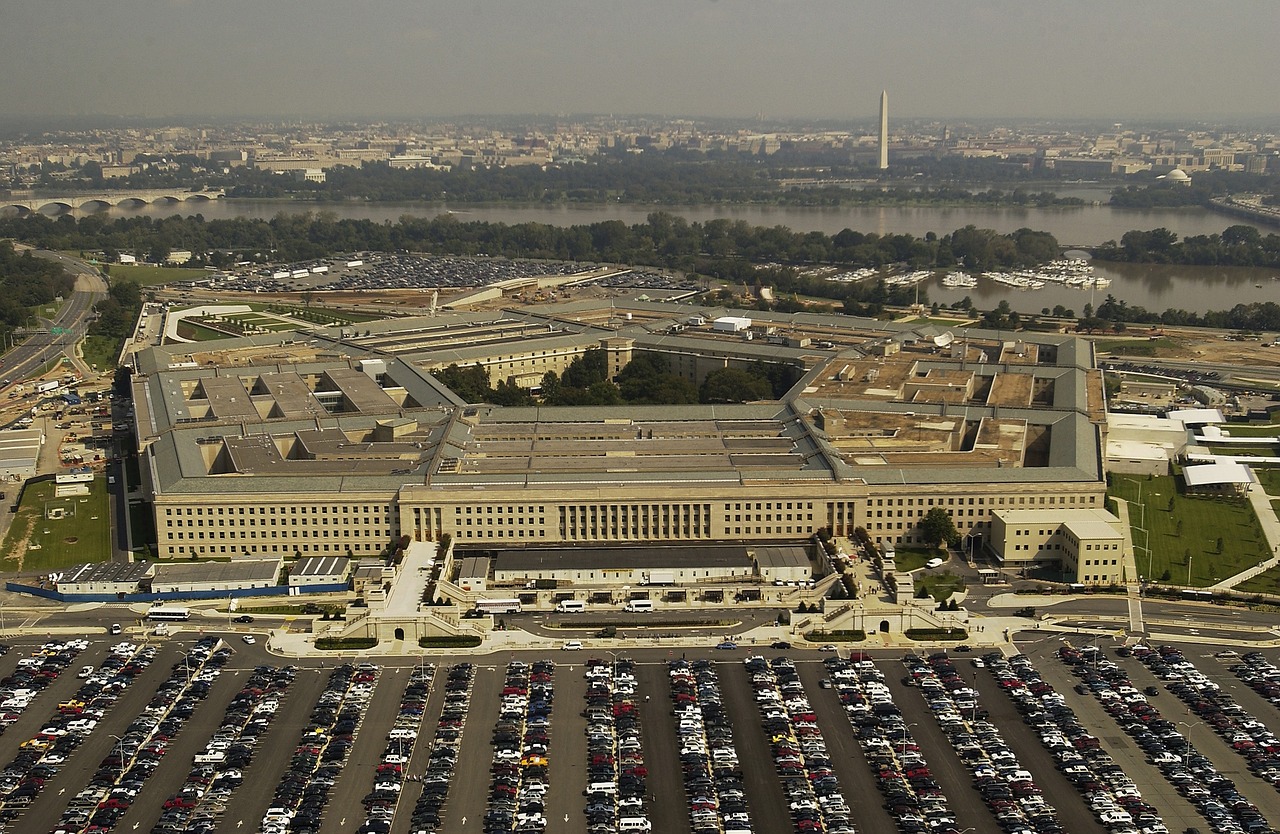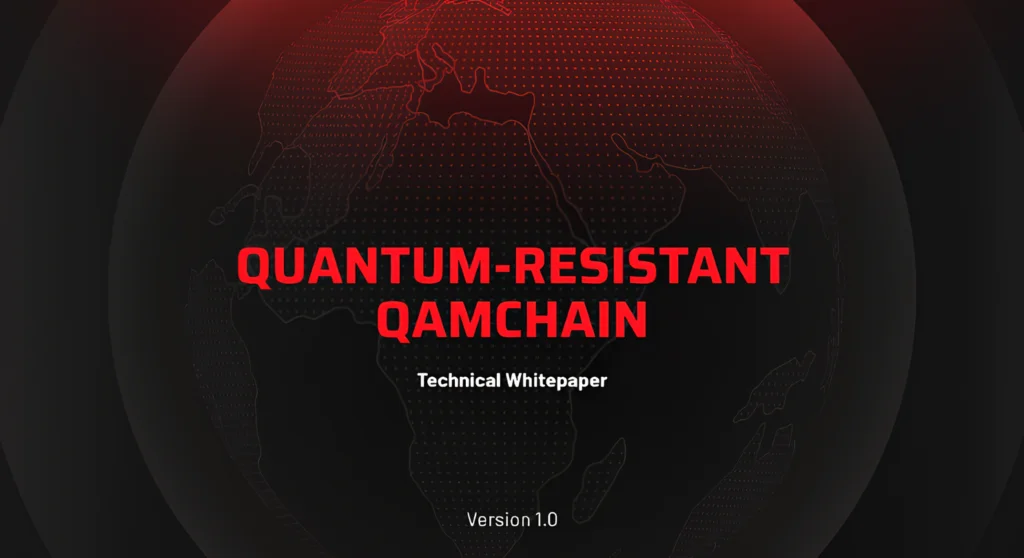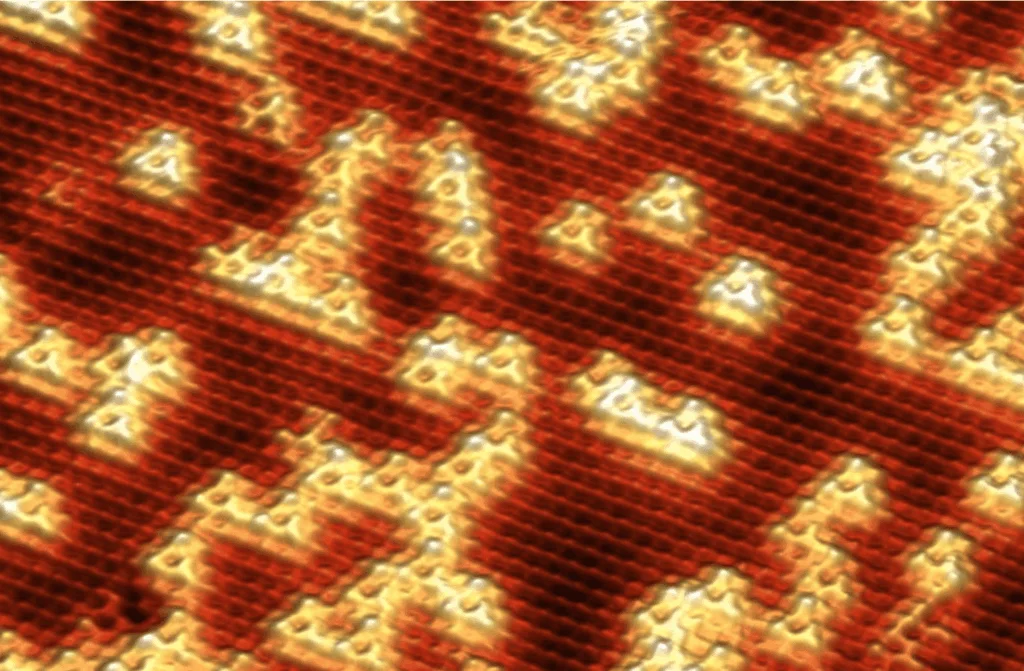Insider Brief
- A national security analyst writes in an Op-Ed that there is a need to streamline leadership in quantum research within the Department of Defense (DoD).
- Rebecca Grant, a national security analyst at IRIS Independent Research, recommends a “Quantum Czar” within the Department of Defense.
- The proposal also recognizes the growing international competition surrounding quantum research and development.
Quantum computing is a field that promises to revolutionize everything from medicine to communications, but that vast potential power for use — and misuse — makes it a critical technology for national security.
In a recent opinion piece, Dr. Rebecca Grant, a national security analyst at IRIS Independent Research, writes that there is a need to streamline leadership in quantum research within the Department of Defense (DoD). This call to action, highlighted in an op-ed for Breaking Defense, points to the current fragmented efforts in quantum computing research across various government sectors and underlines the potential benefits and challenges this technology poses for the future of warfare and security.
Quantum computing differs fundamentally from classical computing, offering unparalleled capabilities in processing speed and encryption, which could redefine battlefield communications, secure data transmission and advanced detection technologies, Grant writes. The Pentagon, recognizing these potentials, has been a significant backer of quantum information science, supporting a network of 14 quantum-focused centers tackling a wide array of challenges from secure communications to supercomputing.

However, Grant argues that the plethora of initiatives lacks centralized coordination, likening the situation to “too many cooks” without a “head chef.” To address this, she supports legislation considered by Rep. Elise Stefanik (R-New York) to appoint a Principal Quantum Adviser for the DoD. According to Grant, this role would consolidate quantum research efforts across the military, ensuring more cohesive progress and strategic alignment with national security objectives.
Grant’s op-ed details the diverse quantum research and development efforts underway within the military and the private sector. The Air Force, for instance, is exploring quantum-enabled technologies for secure encryption and navigation, while the Army focuses on quantum sensing and timekeeping. Collaborations with industry giants like IBM and Amazon, alongside initiatives like the Laboratory for Physical Sciences’ Qubit Collaboratory, offer an overview of the broad-based push to advance quantum computing capabilities.
Grant points out that the urgency to solidify the U.S. leadership in quantum technologies is driven by the competitive international landscape, particularly the advancements made by China. The analyst notes bipartisan support for maintaining a technological edge and the importance of collaborative efforts with allies and within NATO to develop a secure, quantum-ready strategic posture.
To effectively harness the potential of quantum technologies for national security, Grant recommends several critical steps for the prospective DoD Quantum Czar:
- Identify and Consolidate Overlapping Research Areas: Focus on common interests across services, such as advanced detection technologies, to streamline efforts.
- Prioritize Logistics: Given the vulnerabilities in supply chains, quantum computing should be leveraged to secure and optimize these critical systems.
- Implement Proactive Export Controls: Establish restrictions on key technologies to protect national security without hampering market development.
Grant’s call to action is not just about advancing a technology but about ensuring the U.S. maintains its strategic advantage in an increasingly competitive world. She argues for a leader who is not only versed in quantum science but also possesses the strategic vision and authority to integrate quantum technologies into the broader national security apparatus.
The creation of a Principal Quantum Adviser, Grant proposes would represent a strategic step towards achieving a coherent and potent quantum research and development effort, positioning the U.S. to capitalize on the quantum revolution’s immense opportunities and navigate its challenges with foresight and agility.
For more market insights, check out our latest quantum computing news here.















